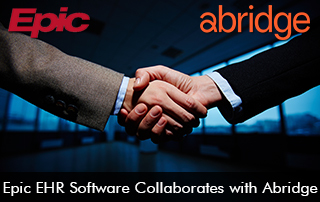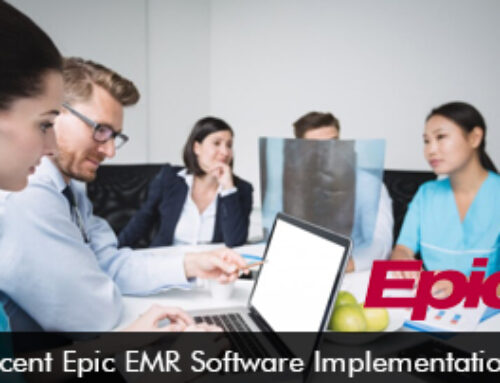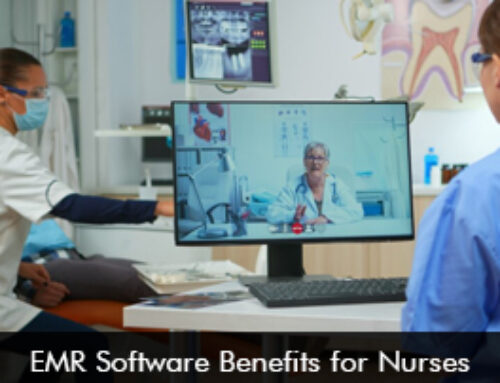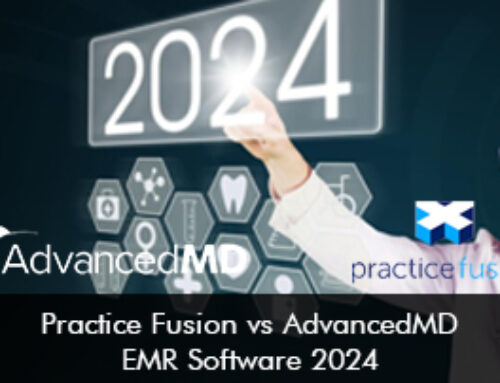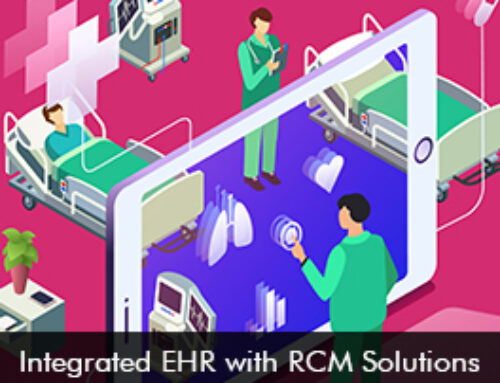Epic EMR Software one of the most prominent health IT vendors in the US has announced a partnership with Abridge, a leader in Artificial Intelligence (AI) for healthcare. The new collaboration aims to support generative AI clinical workflows to minimize the time spent by clinicians on EHR documentation and charting.
The Goals of the Epic-Abridge Collaboration
The vital alliance between Epic Software and Abridge is set to unlock value in the healthcare sector by:
- Enabling physicians to spend less time on clinical documentation and help them focus on patient care. Healthcare providers who currently are using Abridge can save up to two hours per day on average. Furthermore, the integration into Epic workflows will reap greater time savings which can improve overall work-life balance.
- Helping patients better comprehend their conversations with the provider as the notes during patient encounters flow into their records.
- Facilitating healthcare organizations and health systems to implement generative AI solutions quickly.
With Epic working together with Abridge innovative deep integration for products can be developed effectively, which can have benefits for both providers and patients.
Abridge and Emory Healthcare Collaboration for Note Taking
Emory Healthcare in Georgia having 11 hospitals under its belt has partnered with Abridge to make Abridge’s Epic–integrated generative AI solution available for note-taking.
Epic EMR Software’s ambient technology will enable direct dialogue with patients enabling them to focus on the patient and their needs. This will also help reduce the administrative burden on providers.
Benefits of Ambient Speech Recognition Tools
Ambient voice recognition techniques have transformed healthcare by expediting recordkeeping and improving patient care. These tools make it possible for healthcare practitioners to easily dictate notes, diagnoses, and treatment plans in real time, assuring accurate and up-to-date patient information within electronic health records.
This not only increases efficiency and productivity by reducing administrative work, but it also promotes better patient-provider interactions as clinicians can keep eye contact and participate more organically during consultations.
Furthermore, the speed and precision of ambient speech recognition speed up data entry, making it a valuable tool for remote consultations, multitasking, and accessibility for healthcare practitioners. In the end, these technologies result in lower operational costs, improved clinical decision-making, and higher overall healthcare quality.


